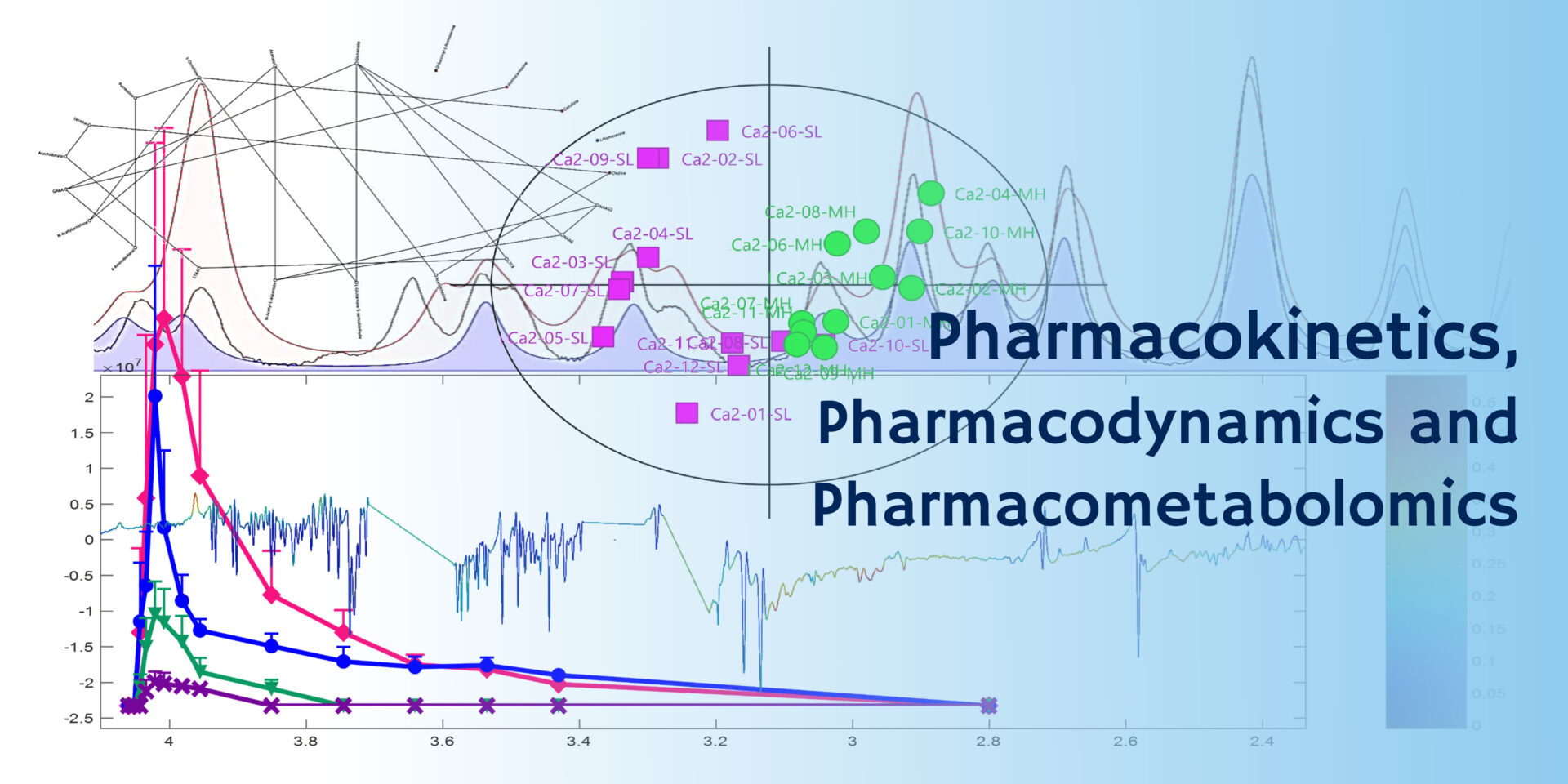Laboratory of Pharmacology


Developing alternative herbal medicines into pharmaceutical products involves identifying attractive candidates and then evaluating their application for therapeutic benefits in the pharmacological research setting. With these goals in mind, the laboratory of pharmacology integrates research in pharmacokinetics and pharmacodynamics. The pharmacokinetics testing includes preclinical and clinical studies in four key areas: absorption, distribution, metabolism, and excretion (ADME). The process of drug discovery also relies on the relationships between pharmacokinetics and pharmacodynamics (PK/PD) with the relevance to determining dose recommendations. To support these specific research areas in pharmacology, the laboratory uses an analytical technique based on liquid chromatography with tandem mass spectrometry (LC–MS/MS). The highly selective and sensitive bioanalytical methods are fully developed in accordance with the international guidance for quantitative determination of the promising bioactive compounds.
Furthermore, laboratory of pharmacology has expanded the research in pharmacometabolomics, which advances understanding around the metabolic consequences of drug and disease by exploring the alteration of human endogenous metabolites after the administration of xenobiotics. The current clinical research also investigates the pharmacological effects of our phytopharmaceutical products in patients with certain diseases, in order to evaluate the use and effectiveness of these products and to identify any concerns associated with specific populations. In this way, the laboratory’s research contributes to building the evidence base on the development of phytomedicines as an alternative therapeutic agent, offering directions for future pharmacology research.







